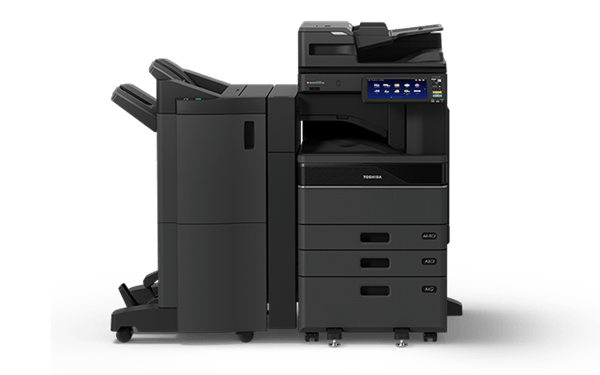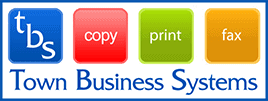
When considering the best approach to acquiring a copier for your business, you’re typically faced with two options: buying or leasing. Both have their advantages and disadvantages, and the best choice depends on your business’s specific needs, financial situation, and long-term goals. Here’s a comparison to help you make an informed decision.
Buying a Copier
Pros:
- Ownership: When you buy a copier, it’s yours. This means you have full control over its use and maintenance. Once the copier is paid off, there are no further payments, reducing long-term costs.
- Cost-effective in the Long Run: Initially, buying a copier might seem more expensive, but it’s generally more cost-effective over time. Without the ongoing costs associated with leasing, you save money in the long run, especially if the copier lasts many years.
- Tax Benefits: Purchasing a copier can offer tax advantages. Typically, you can deduct the full cost of the copier as a business expense in the year it was purchased, subject to certain limitations and rules.
Cons:
- Upfront Costs: The biggest drawback is the initial investment. High-quality copiers can be expensive, and paying the full price upfront can be a significant financial burden, especially for small businesses.
- Obsolescence: Technology evolves rapidly, and today’s top-of-the-line copier might become obsolete in a few years. When you own a copier, you’re responsible for replacing it when it’s outdated or no longer meets your needs.
- Repair and Maintenance: Owning a copier means you’re responsible for all repairs and maintenance unless covered by a warranty. These costs can add up over time.
Leasing a Copier
Pros:
- Budget-Friendly: Leasing a copier requires little to no upfront investment, making it a more accessible option for many businesses. Monthly lease payments are predictable, which helps in budget planning.
- Up-to-Date Technology: Leasing companies typically allow you to upgrade to the latest model at the end of your lease term, ensuring you always have access to the most advanced technology.
- Maintenance and Repair: Most leases include maintenance and repair services, meaning you won’t have to worry about additional costs or finding service providers.
Cons:
- Higher Long-Term Cost: While leasing requires a lower initial investment, it can be more expensive over the long term. You’ll be making payments for the entire duration of the lease, which can sometimes exceed the cost of buying a copier outright.
- Contractual Obligations: When you lease a copier, you’re bound by a contract, which typically includes a fixed term. Breaking a lease can be costly, and you’re obligated to make payments even if you no longer need the copier.
- No Ownership: At the end of the lease, you don’t own the copier. While you can choose to purchase it at a residual value or upgrade to a new model, if you decide not to continue leasing or purchasing, you end up with nothing.
Conclusion
The decision between buying and leasing a copier boils down to your business’s financial situation, needs for technology, and long-term plans. If you prefer lower upfront costs, the latest technology, and inclusive maintenance, leasing might be the best option. However, if long-term cost savings, ownership, and tax deductions are more important, buying could be more beneficial. Consider your business’s specific circumstances and consult with a financial advisor to make the best choice.
Town Business Systems is Locally Owned and Operated Since 1973. If you have any questions on whether to buy or lease an office copier, please contact us today.
